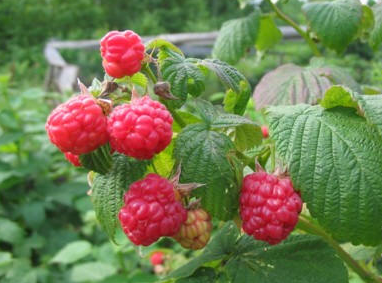
Pesticide Detection Methods Development
Experiment 1
Purpose: Explore alternative extract solvents that are easier to work with and environmentally friendly(er).
Procedure: Use different solvents found in The Literature, as well as anything that can be found through trial and error. [Please add to this list as you see fit]
Absorbance = Log10(Io/I) I = intensity on spectrometer at a particular wavelength through the sample Io = intensity on spectrometer at a particular wavelength uninhibited
- 70% IPA (drugstore brand)
Max absorbance at 204nm. On the spectrometer there should be 0% or close to 0% intensity at this wavelength.
Light source: Deuterium Lamp (Shimadzu LH-80 would work, $369 on Amazon). Expected intensity spectrum would look like:
Ethanol (drugstore brand) Ethanol is a weak absorber.
Light source: Broad range, something a like a W-filament (are those even legal?).Methanol Max absorbance at 177nm. Yikes. Not sure if the deuterium lamp can even do that. Light source: Deuterium Lamp. See IPA above for details.
Control Setup Use a quartz cuvette, adjust back light distance from camera to minimize saturation (not sure what this distance would be, but its 9" for fluorescent lights and 5" for RGB LED and a 425nm UV LED). Add 1.5mL of clean extract solvent to cuvette, mount cuvette directly in front of opening on spectrometer and use black tape to close off exposed sides. Cover setup with a box and measure spectrum.
Sample Extraction We want to use the various alcohols mentioned above to try and remove pesticide residues from various fruits and vegetables. Prepare sample (in this case raspberries). Take 3 raspberries, use a clean screw-top container and dispense 6mL of extract solvent onto sample and then shake for 2 minutes. Let sample sit for 5 minutes then extract ~3ml of extract solvent from bottom of container (typically, raspberry mass floats to the top). Spin down this solution in a centrifuge, and then dispense supernatant into the cuvette.
Measure Extracted Sample Using exact same setup as the control, measure the spectrum and compare to the control.
[stopping here for now, last edit 2/6/14]
